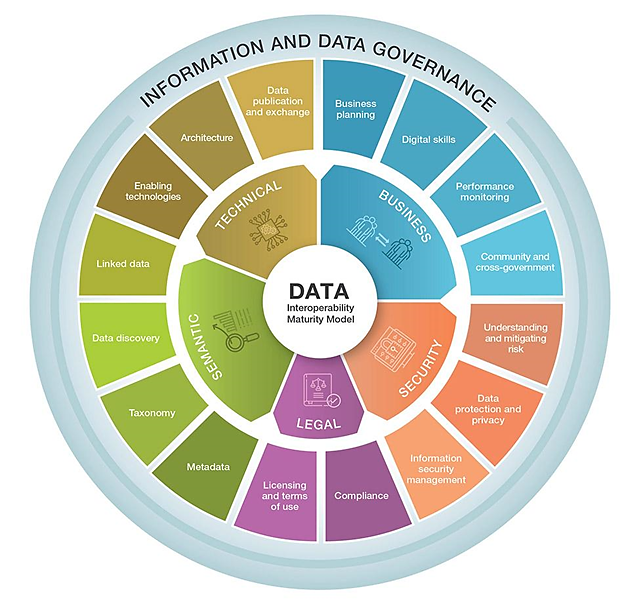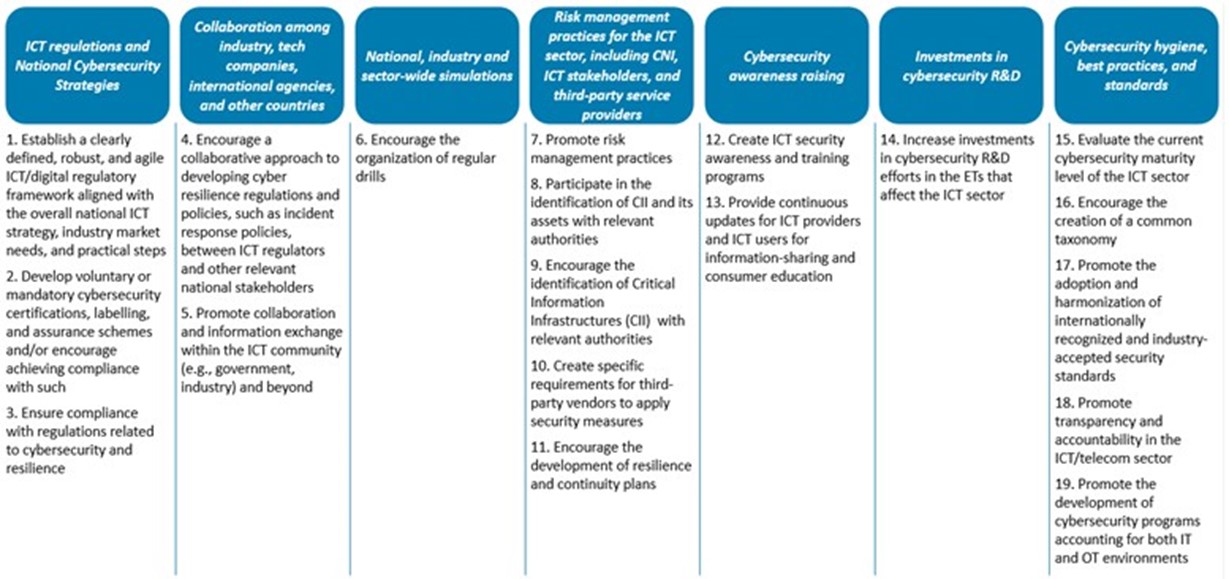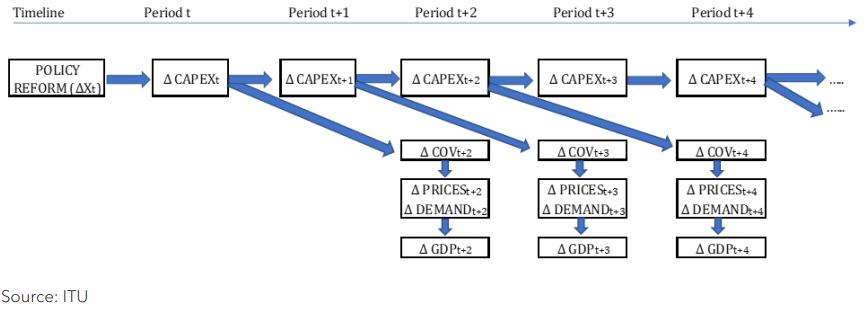
Navigating Data Governance: A Guiding Tool for Regulators
31.10.2024Introduction In today’s data-driven world, the importance of robust data governance is more critical than ever. As digital ecosystems rapidly expand, the surge in mobile broadband subscriptions, internet traffic, and the number of internet users, now surpassing 5.4 billion[1], has transformed data into a vital asset. This data—whether generated by businesses, governments, or individuals—fuels innovation, enhances decision-making, and accelerates the digital transformation of economies and societies. However, the immense volume of data being generated, collected, and processed brings with it substantial challenges for regulators. Ensuring the responsible use, protection, and governance of this data is paramount to safeguarding personal data…
Read »


